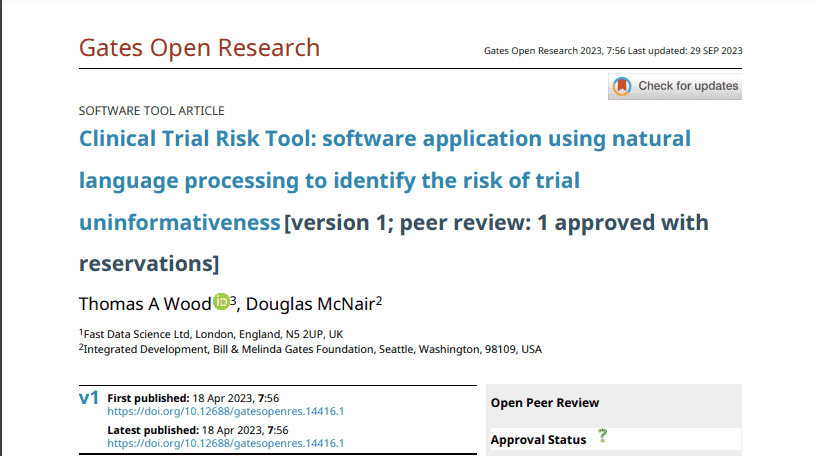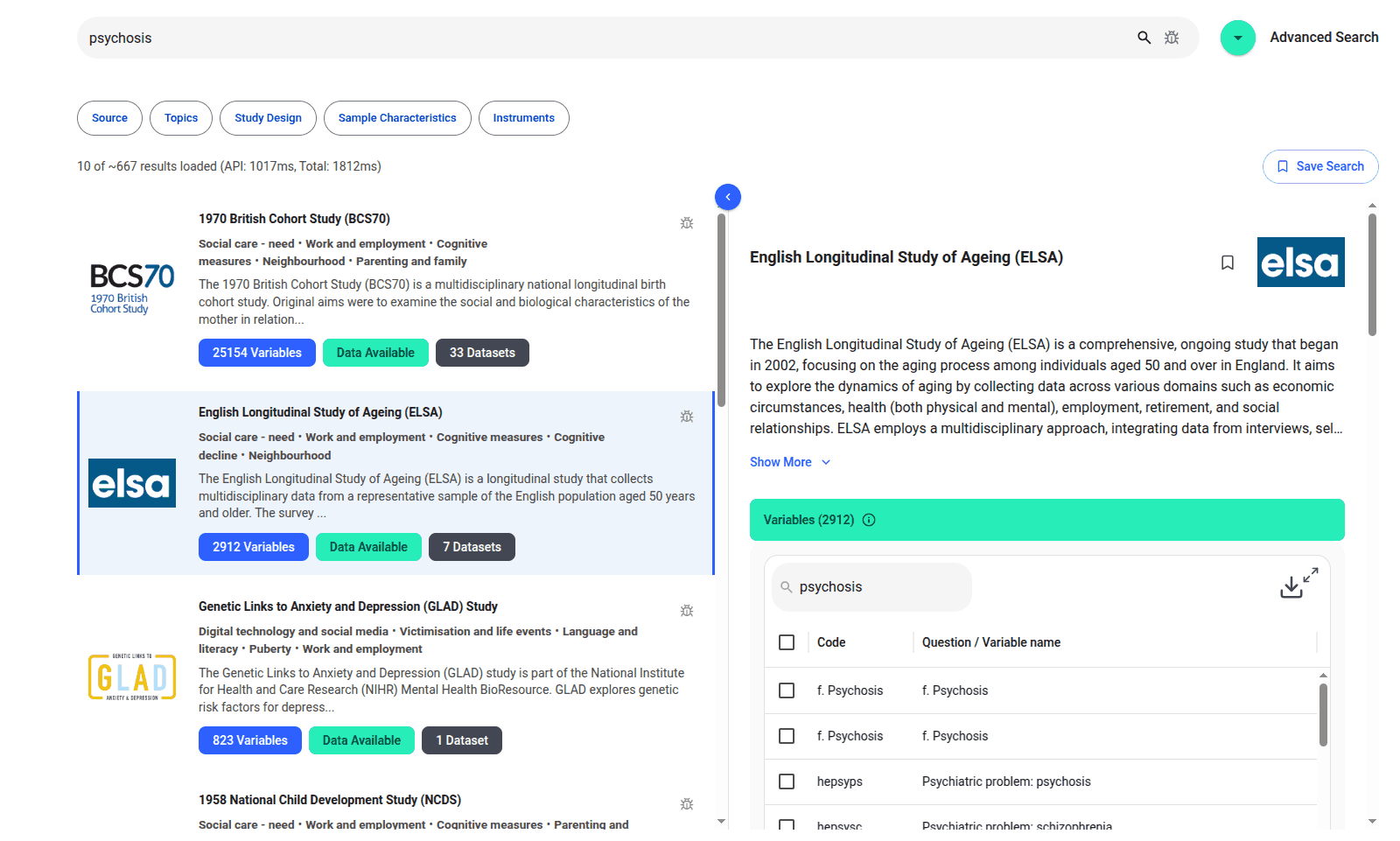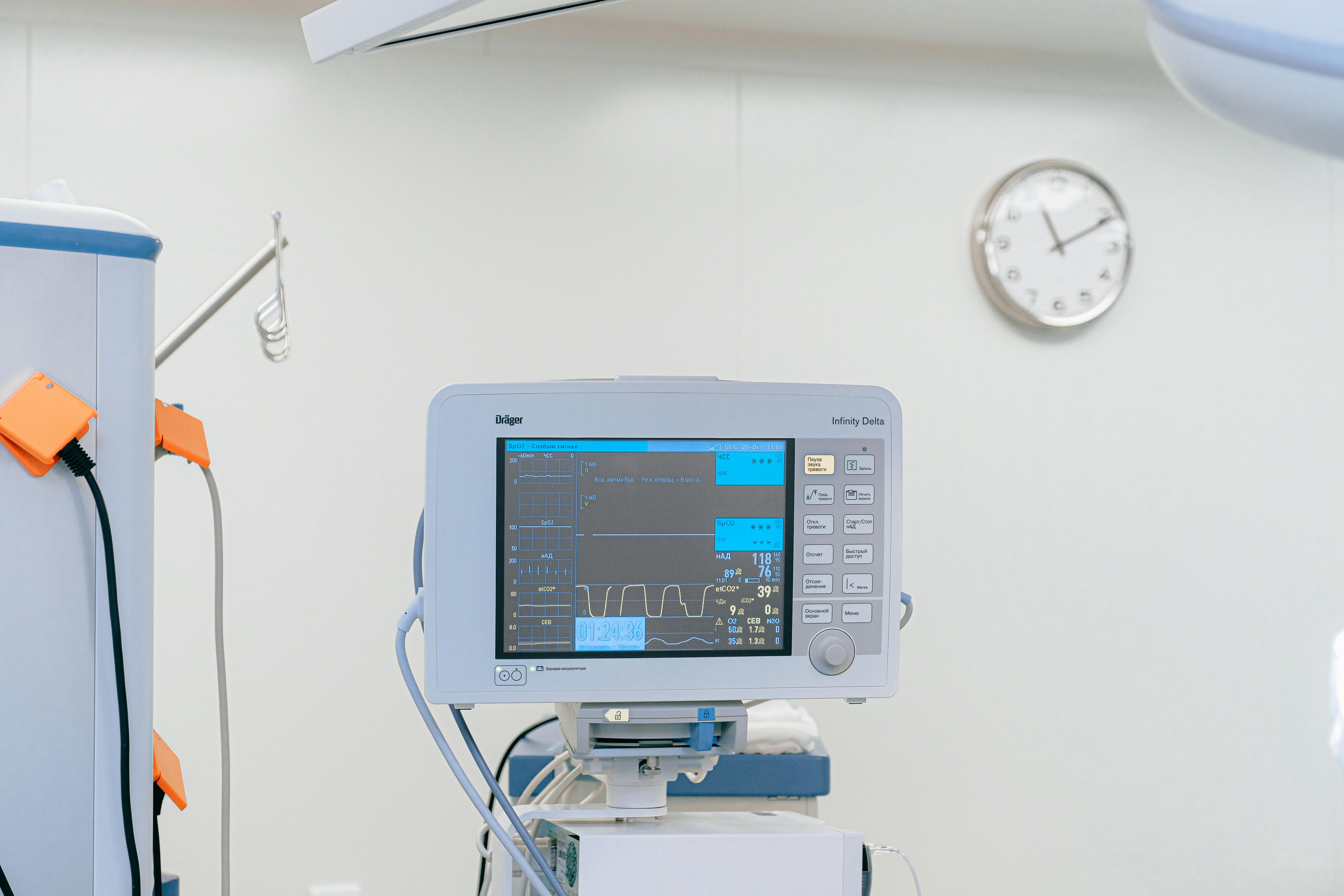
Clinical trials are the backbone of medical progress, but a worrying trend is emerging: a large portion end without delivering useful results. This “uninformativeness” wastes valuable resources and delays advancements.
Fast Data Science is excited to announce the publication of a technical research paper the Clinical Trial Risk Tool, a game-changer in identifying potential uninformativeness at the protocol stage!
The Clinical Trial Risk Tool is a browser-based tool which uses Natural Language Processing (NLP) to analyse clinical trial protocols. Here’s how it works:
Ready to fight uninformativeness? Head over to https://clinicaltrialrisk.org/tool and access this free, open-source software.
A BibTex citation is as follows:
@article{wood2023clinical,
title={Clinical Trial Risk Tool: software application using natural language processing to identify the risk of trial uninformativeness},
author={Wood, Thomas A and McNair, Douglas},
journal={Gates Open Research},
volume={7},
number={56},
pages={56},
year={2023},
publisher={F1000 Research Limited}
}
Read more about research in AI and Fast Data Science’s publications here
Unleash the potential of your NLP projects with the right talent. Post your job with us and attract candidates who are as passionate about natural language processing.
Hire NLP Experts
We are excited to introduce the new Harmony Meta platform, which we have developed over the past year. Harmony Meta connects many of the existing study catalogues and registers.

Guest post by Jay Dugad Artificial intelligence has become one of the most talked-about forces shaping modern healthcare. Machines detecting disease, systems predicting patient deterioration, and algorithms recommending personalised treatments all once sounded like science fiction but now sit inside hospitals, research labs, and GP practices across the world.

If you are developing an application that needs to interpret free-text medical notes, you might be interested in getting the best possible performance by using OpenAI, Gemini, Claude, or another large language model. But to do that, you would need to send sensitive data, such as personal healthcare data, into the third party LLM. Is this allowed?
What we can do for you